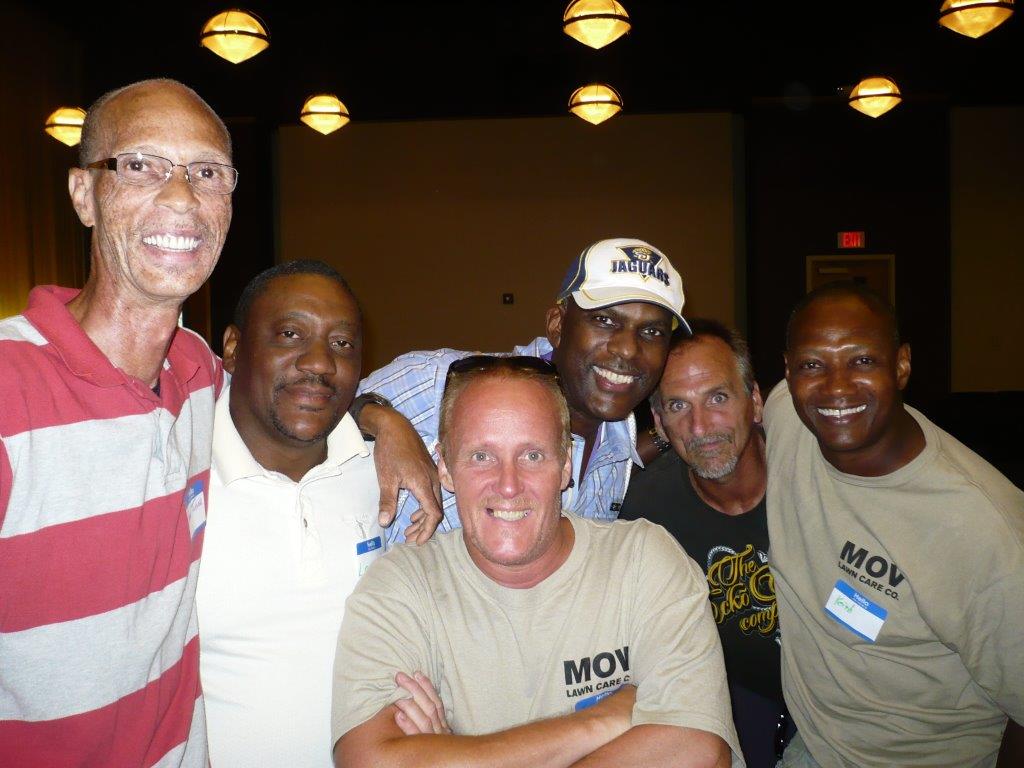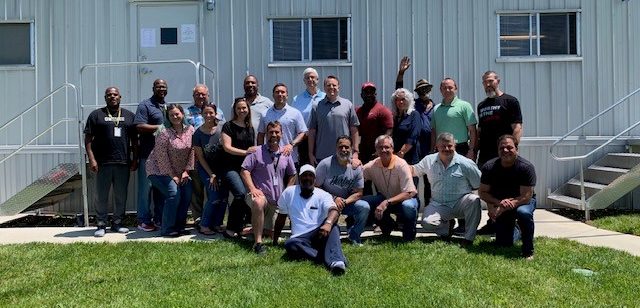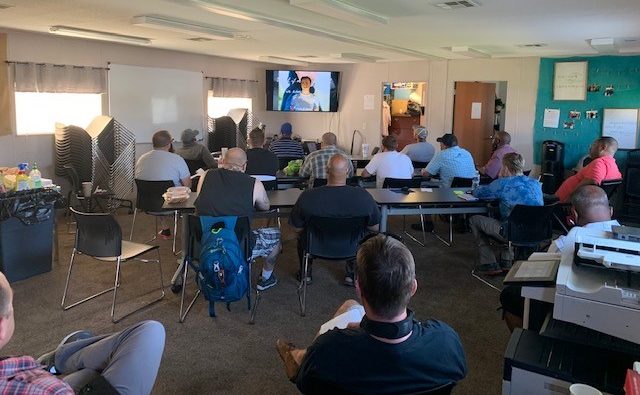
Supervising people is hard. Even in the best of times it’s challenging to stay aligned, manage expectations and engage concerns so that you can unleash both individual and collective potential to get the results you need.
These days many of us are needing to do all of this from a distance, in a time that is as unpredictable as we’ve ever seen.
These times are uncertain in both large-F-Future ways (when will our business come back?) and small-f-future ways (in the meantime, how do we make a decision about next week?).
Supervising people from afar in the midst of uncertainty means prioritizing a few principles that are simple but not easy.
1. Be Transparent
Transparency is always important. Sharing your intentions and reasoning when making decisions helps your team trust you. And that transparency is particularly important—and difficult—in the midst of uncertainty.
People look to leaders for answers. Yet answers are in particularly short supply at the moment. When will things be back to “normal”? What impact will this year have on my future within this organization? The future of the organization itself? What happens if my kids can’t go back to school in the fall? These are the questions that keep people up at night, and that we all wish we had answers for. Right now, being transparent means sharing what you know, and what you don’t yet know, along with how and when you’ll figure it out together.
And don’t fall in the trap of making promises you can’t keep. It’s tempting to make promises when you are trying to reassure your team, to boost morale, or to set a positive tone. Promises that depend on a future you don’t control destroy trust, and actually raise anxiety rather than provide comfort. In his Summit 2019 talk, Todd Henry warned against “declaring undeclarables”—don’t make promises about a bear who just might show up in your neighborhood—lest you lose credibility and people’s trust. Instead, share your intentions for what you are hoping for and working toward—and when and how you anticipate those answers will become clear.
2. Ask What Your Team Needs
What do people need from their supervisors? Ask ten people, and you may get ten different answers. Inspire them. Give them room to make their own mistakes. Provide guidance on how to do the tasks. Partner with them in figuring out their career.
That’s (maybe) what they said in your last year-end conversation. And if you ask those same ten people now, you might get different answers: Help me get the visibility I need. Help me wrangle stakeholders who also are having their own reactions to this pandemic. Help me figure out how to create boundaries between my personal life and my work life.
Because people have such different expectations of what a supervisor should be—and what they need right now—the first step is actually a conversation with yourself. Ask yourself first—what kind of supervisor do you want to be? What do you need from your people right now, and what are your assumptions about your role in making that happen?
Then talk with each of your people. What do they need from you right now? What are they struggling with? How might you help? Expect different answers from each person and expect those answers to change over time. Eduardo needs coaching on how to approach a decision-maker with the team’s novel idea. Anna urgently needs help prioritizing; by next week she could use some encouragement. These are ongoing two-way conversations as we adapt together, and flex to help and support each other through the rest of the year and beyond.
3. Provide Appreciation and Coaching
No matter what era we are in, one of your responsibilities as a leader is to help your people stay engaged and to grow. This means providing 3 types of feedback. In times of fast adaptation and remote work, appreciation and coaching are particularly important.
Appreciation – Do you see how hard they are working? Do they know what you appreciate about them? Do they feel seen, known and heard? Appreciation is what keeps people motivated and engaged. It’s also particularly important when we’re working remotely, stretching to solve novel problems, and having to be creative about how we manage to get everything done.
Coaching – To keep learning, growing, and figuring out how to work together, you will need each other’s help and coaching. Your team members need your advice as you figure out how to work through this together. You need their coaching for how to lead them most effectively. It’s particularly important that we don’t wait for a year-end conversation, but instead create a practice of checking in, and learning from each other as we go.
Being a supervisor is hard, yes. And the unknowns and stresses of this season don’t make it any easier. But putting a few key principles and practices in place will help you lead your team through to the other side.






Recent Comments